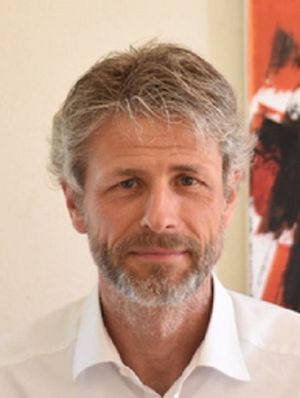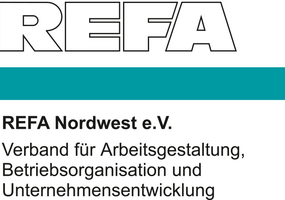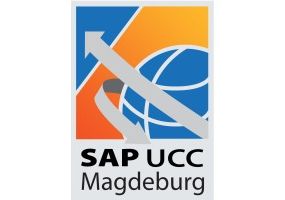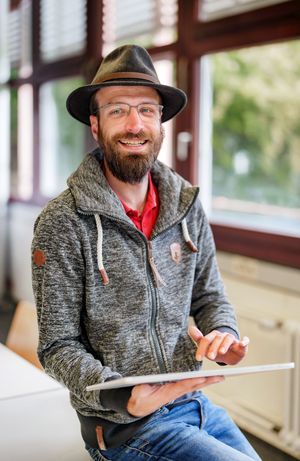Institute for Business Operations and Logistic
Institute for Business Operations and Logistic
The institute is teaching the fundamentals of technical business economics, production and information technology for the studens of mechatronic an mechanical enginieering. Thinking in higher-level contexts, as well as the reference to sustainability, plays an important role. Focused cruss-cutting topics are:
- integrativ informationsystems for modelling of business process
- raising efficiency in the value chain
- manufacturing planung (REFA Method)
- Order management, production planning and control (PPS).
Business organization deals with the analysis and design of technical-organizational business processes. Logistics is taught holistically with the special aspects of factory planning, factory operation as well as reorganization according to the motto "learning to see".
The institute offers students and companies active support for practice-related problems on the above-mentioned topics.

Courses
You can find our courses with the teaching language german on our german institute page.
Courses Bachelor

coming soon…
Research

The term of "digital twin" is wide-ranging. It already refers in the industrial context to digital product images, digital images of manufacturing facilities and processes or the interaction of the digital twin with the real world / the imaging IT systems.
The core competence of the Institute for Business Operations and Logistic is enterprise and production management with the help of suitable operational IT information systems. In our institute we are using (for teaching) the IT systems SAP (ERP system) and WITNESS (factory simulation). Through neighboring institutes an integration of Siemens Teamcenter (PLM system) is perspectively possible. Two other included main topics in our institute are: the LEAN approach of a human-oriented and economic manufacturing and its, as well as the university-wide cross-sectional topic of sustainability.
The organization and execution of the order fulfillment process have been digitized in the past, but often separated by kind of system for historical reasons. In the future, this information should grow together to form a holistic digital twin of the manufacturing system and should help for detailed predictions in order planning as well as in the manufacturing process with focusing on humans and their needs. The goal of this research area is not to digitize or replace humans, but rather the integration of the humans capabilities into the process.
Our network
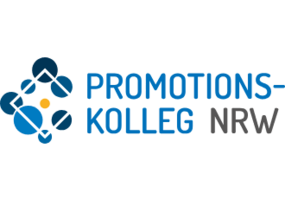
Graduate School for Applied Research in North Rhine-Westphalia
Our Team
